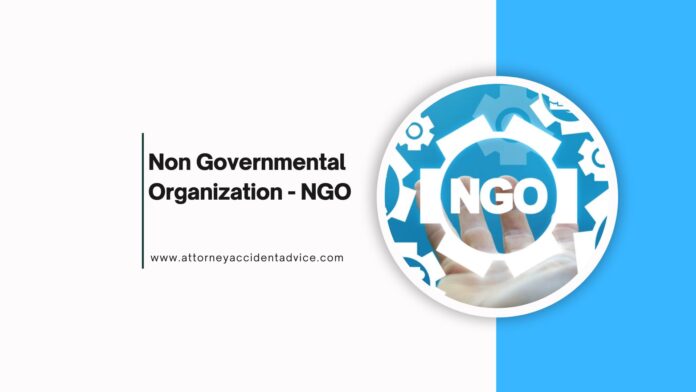Non Governmental Organization – NGO
In today’s article, we warmly welcome all of you readers, through this today’s article, we are going to provide you complete information about Non-Governmental Organization (NGO). NGOs play an important role in bringing about positive change in poor country. These organizations empower the weaker sections of the society and try to lead them to a better future.
What is a startup? How to start a startup, know its advantages and disadvantages
What is an NGO
Non-Governmental Organizations (NGOs) are organizations that work for social welfare independently of the government. They are also known as non-governmental organizations or non-profit organizations. These organizations work in various fields with the help of common citizens, volunteers and deprived sections of the society.
The purpose of NGOs is to help the weaker sections of the society, do social welfare work, protect the environment and make people aware of their rights. These organizations work in various fields like education, health, women empowerment, child welfare, poverty alleviation, natural disaster relief etc.
NGO Full Form
NGO, which we often hear, is actually an acronym. Its full name is private organization. Simply put, NGOs are organizations that work for social welfare independently of the government. They are also known as non-governmental organizations or non-profit organizations.
NGOs are formed with the cooperation of ordinary citizens, volunteers and deprived sections of the society. These organizations work in various fields, with the aim of helping the weaker sections of the society, doing social welfare work, protecting the environment and making people aware of their rights.
What is the work of NGOs ?
NGOs (Non-Government Organizations) play an important role in society. They work in various fields like social welfare, education, health, environment, women empowerment, child welfare, poverty alleviation, natural disaster relief etc.
Some of the main functions of NGOs are:
- Social Welfare: Helping deprived sections like poor, disabled, widows, orphans etc.
- Education: Providing education to poor children, running schools, distributing educational materials, providing scholarships
- Health: Providing health care in rural areas, running hospitals and clinics, distributing free medicines.
- Environment: Conducting plantation drives, working for water conservation, making people aware of environment.
- Women Empowerment: Conducting skill development programs for women, helping them to become self-reliant, making them aware of domestic violence.
- Child Welfare: Providing education and health services to children, combating child labour, creating awareness about children’s rights.
- Poverty Alleviation: Helping the poor to become self-reliant, providing them with employment opportunities.
- Natural Disaster Relief: Providing food, shelter and medical assistance to victims during natural disasters.
Non-Governmental Organizations – NGO Rules
Many rules and regulations apply to NGOs (Non-Government Organizations). The purpose of these rules is to make NGOs transparent and accountable, to manage their functioning properly and to ensure that they work for social welfare.
Some important rules for NGOs
Registration: Under the Societies Registration Act or the Trusts Act, NGOs must register.
Income Tax: NGOs fulfill certain conditions to exempt from income tax.
Foreign Donations: If the NGO wants to receive foreign donations, it has to register under FCRA (Foreign Contribution Regulation Act).
Accounting: NGOs need to keep accounts of their financial transactions and audit it from time to time.
Governing Body: It is mandatory for an NGO to have a governing body, which manages the work of the organization.
Membership: There are certain conditions for becoming a member of an NGO.
Functioning: The NGO should function according to its objective and should work in social interest.
What are the Advantages of NGOs?
NGOs (Non-Government Organizations) are important institutions for society. They play an important role in social development and change. NGOs have many advantages, including. read more

